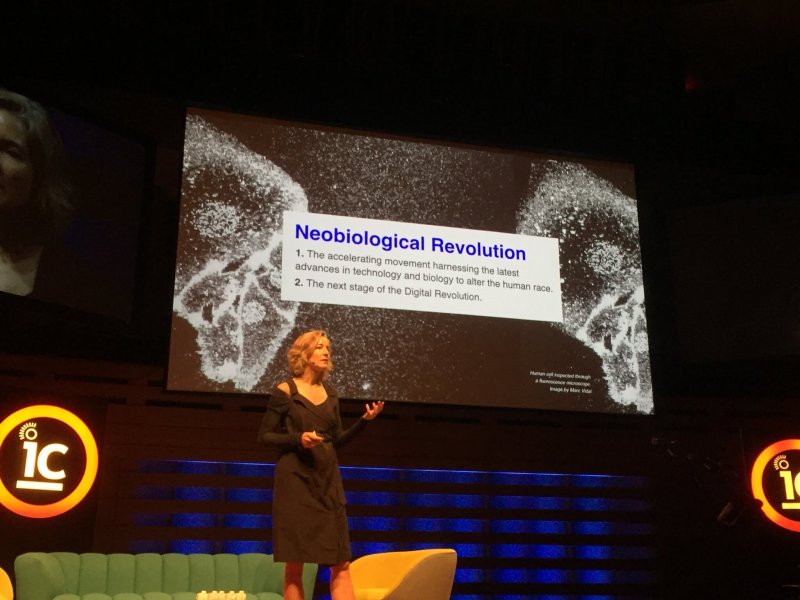In the 1990s, the digital revolution came along and transformed, well, pretty much everything, from the way we communicate with each other to the way we do business, education, entertainment, and politics. Now, the next phase of technological innovation—we call it the Neobiological Revolution—is literally transforming our species. From gene editing to brain computer interfaces, our ability to engineer biological systems will redefine our species and its relation to all other species and the planet.
And Covid-19 is accelerating this transformation.
…
This worldwide laser focus on Covid-19 is providing hugely valuable learnings that can expedite research already underway pairing omics data sets (genomics, proteomics, metabolomics, etc.) with machine learning to identify why people get sick, why we age, which pathways to target, and which drugs to use. In addition to the known risk factors for Covid-19, there may be a genetic reason why some people experience a life-threatening reaction. That would help pinpoint the people who critically need a vaccine, sparing us the gargantuan task of trying to inoculate most people on the planet in the next two years.
What we imagine becomes what we build. It’s time to outline possible futures people can rally for rather than fear. Let’s not let the coronavirus crisis go to waste.































